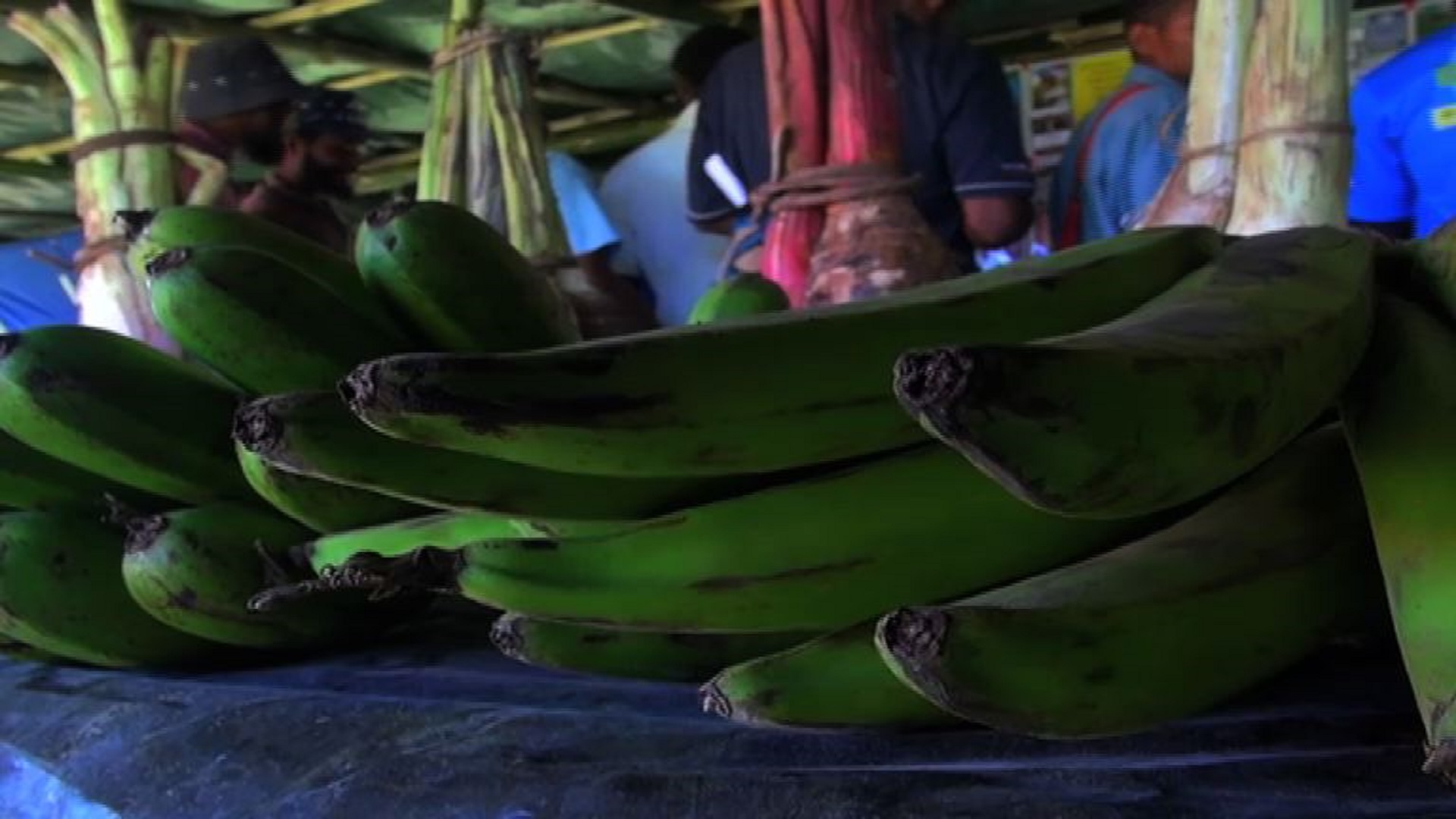Subsistence agriculture is the only solution to solve food shortages and hunger in the country in an event of drought or any other natural disasters.
This message was echoed by Agricultural Institutions that gathered to commemorate the World Food Day celebration in East New Britain province five days ago.
The issues of climate change, large migrations of people and population boom has put the country at a point where food security has to be prioritized.
The World Food Day celebration last week has, for another year, brought together a group of thinkers.
The PNG University of Natural Resources and Environment played host to the two-day event.
The theme of this year’s World Food Day is “ Change The Future of Migration and Invest in Food Security and Rural Development”.
The key message that was delivered was how Papua New Guinea, as a country, should prepare to address problems relating to food shortages and hunger.
“ The only way we can do, is to increase food production of local food. The world’s major crops looks like they have reached a plateau”, said Prof. John Warren, the Vice Chancellor of PNG’s University of Natural Resources and Environment.
A combination of the migration of people, population boom, the impacts of climate change and land shortages have chart a whole new problem for the country.
While most of these problems relating to food security may seem far more complicated, the key solution to address these issues is subsistent agriculture.
“ It brings economic problems and migration problems. The only way that we can achieve that (solutions) is to bring about similar increases in yields for crops in places like PNG,” said Prof. Warren.
Census estimates have put the total population of Papua New Guinea at around 8 million men, women and children.
Agriculture research has suggested that this figure will change in the next few years.
Land will become scarce, natural disasters will strike, forcing people to migrate, and in order to survive, people will need food.
But these challenges still lie largely unabated.
Such as in 2015, the sever drought that hit parts of the country has put up a good challenge against agricultural institutions, the government and the ordinary people.
“ We can tackle many of these issues that cause people to migrate particularly in rural areas by increasing productivity, employment opportunity, and access to market, knowledge and financial service”, said Ken Shimizu, the Food and Agriculture Organization representative in Papua New Guinea”.
While Agriculture institutions are making ground breaking researches, financial constrains has been a major setback that prevented new farming innovations to reach the people, to change their way of life.
Agriculture institutions say the 2015 drought is not the first and it will not be the last.
And to a larger extent, the authorities that are expected to fund and address these issues do not appear to be ready for it.


